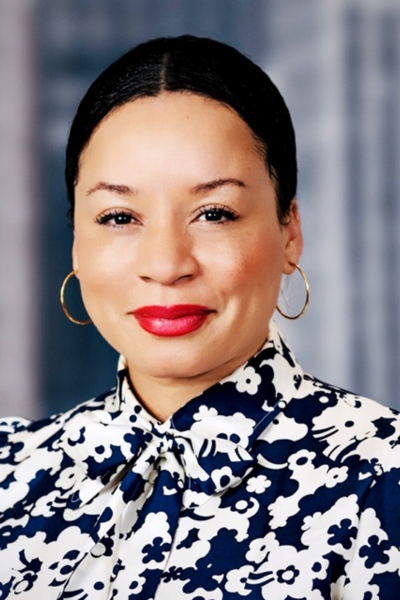 Kedren Dillard, Shipley Associates
Kedren Dillard, Shipley Associates
Plenary 2 Speaker: A Forest Legacy – The Past, Present and Future
Kedren Dillard is an executive committee member with Shipley Associates. As Senior Vice President of Client Success, Dillard oversees business development and consulting, training, strategy, and partnerships for Shipley’s Mid-Atlantic region. Prior to Shipley, Dillard worked in Global Talent Acquisition for Bloomberg LP where she recruited and hired senior leaders in various critical areas of business. Earlier in her tenure at Bloomberg she led Federal Sales for Bloomberg Government in Washington, DC.
Since 2019, Dillard has served as a Board of Trustee with the American Forest Foundation where she is currently an Executive Committee member and serves as Secretary. In May of 2021, Dillard testified before the U.S. Senate Committee on Agriculture, Nutrition and Forestry in support of the Rural Forests Markets Act – legislation supporting family forest owners access carbon markets. She is also a board member of Dovetail Partners, a non-profit environmental think tank based in Minneapolis, Minnesota.
Dillard holds an MBA from Northern Arizona University and an undergraduate degree from the University of California at Davis, where she was a proud member of the Women’s Rowing Team.